Muhammad Ali Qureshi, Saudi Aramco, September 28, 2022 | First of all, I would like to say a few words in favor of certifications in general. The presence of a certification means that there exists a structured learning approach in one particular field, and this structured learning also has an endorsement from a regulatory authority that stamps the learning achievement of an individual as qualified or fit to implement the learned knowledge..
Why Certify?
Certification is not just a piece of paper. It’s a qualification that gives you some measure of confidence knowing that you have the knowledge to implement and the freedom to perform various jobs with that knowledge in one particular domain where you have attained the certification. Your work is welcomed and accepted by your peers and teams as a certified person, and you are the one who should be challenging your own work for continuous improvement.
Imagine if you were to have years of experience but no certification in one particular field. Your work, research, or problem-solving solutions must either be sighted or approved by a person with higher authority or with proven knowledge capacity (i.e., certified). There’s nothing wrong in getting your work reviewed by someone with higher credentials or more experience, but this restriction will never let you gain the self-confidence to independently carry out your problem-solving work or—in other words—to become a Subject Matter Expert (SME). Certifications let you become a SME and a champion in your organization, and they help you to enhance your knowledge further while you independently make decisions.
Certification Comparison
Being a predictive maintenance (PdM) engineer, my goal was always to attain higher level certifications in the field of predictive maintenance/machine condition monitoring. I have a Masters Engineering Degree particularly in vibration analysis and machine condition monitoring from a very reputable institution in Australia, but I still wanted to gain a mastery level in practical knowledge in condition monitoring.
I started with vibration analysis and then decided to pursue all the certifications that fall under ISO 18436 compliance (Condition Monitoring). I now have Vibration Analysis Level III from ASNT, Machine Lubricant Analyst (MLA) Level III from ICML, Machinery Lubrication Engineer (MLE)® from ICML, and Ultrasound Analysis Level II from UE Systems. These certifications have definitely broadened the bandwidth of my knowledge in the predictive maintenance domain. They help me in advanced investigations and research for fault-free machine lives (fault prognosis).
All these PdM techniques complement each other, and having more than one certification in different PdM techniques lets you make the best decisions with the most practical solutions for your problems related to equipment. For example, if you see a bearing fault in your vibration analysis, you can always confirm it by ultrasound analysis and lubrication analysis and pinpoint the exact location or machine component for repair. This will reduce the downtime and will also help you plan the spares in a timely manner. Similarly, if you see an early warning/indication of an incipient fault using lubrication analysis, you can wait and chase that fault later when it gets mature or worse and is seen by vibration analysis. All these types of advanced analyses can only be carried out if you are competent to apply various analytical techniques simultaneously, so certifications in multiple techniques can definitely help.
Best Certification
They say, “It’s like a gym membership: if you don’t have a goal, you will end up nowhere.” Likewise, deciding which certification is best for you really depends upon your industry goal. But as a general rule of thumb, you would like to be ahead in the game, meaning that you would like to pick up machinery faults at very early stages when they can be stopped and cured and their recurrence can also be prevented. I am an instructor of Noria’s Machinery Lubrication Level 1 & 2 course, and I also teach airborne and structure-borne Ultrasound Level 1 courses. Although all my courses and certifications are ISO 18436 compliant, the International Council for Machinery Lubrication (ICML) certifications are really the best with more stringent testing policy, in my opinion.
Other certifications are vendor-specific, whereby vendors not only provide trainings but also conduct the certification exams–albeit in proper compliance with the ISO and ASNT testing guidelines. However, for MLT and MLA the training providers are not conducting certification exams themselves, because the vendor-neutral lube council ICML takes care of all testing criteria and conducts the exams with a raised bar. Therefore, I consider MLT and MLA to be the best in their class, based on my testing experience.
Additionally, I consider ICML certifications “best” because, from a practical standpoint, they certify for preventive activity nearest the beginning of the P-F Curve. For instance, with MLA, oil analysis is a technique that (if properly implemented within routine PdM) definitely provides early warning of any incipient failures within the rotating equipment where not only the onset can be delayed but the failure can actually be stopped without any machine downtime.
For example, if a change in viscosity is noticed either due to increase in acid number or shear of the molecules, then the oil can be replaced or topped up before it starts to produce wear particles due to either metal-to-metal contact (low oil viscosity) or oxidation or viscous drag (increased oil viscosity). This is the reason that oil analysis is kept at the beginning of P-F curves (close to proactive domain) for predictive maintenance techniques upstream of vibration analysis, acoustics & heat, etc. Naturally, all this applies best if the analyst is capable of performing a quality analysis and knows what to see in the lubrication systems and lube oil results.
In my teaching as well as practical experience in the field for fault finding, the best combination of ICML certifications is MLA III and MLE together. This combination gives enough knowledge and confidence not only to perform quality analysis on the machinery lube oils, but also to fix machinery lubrication systems, storage, and handling in any organization or manufacturing facility. The certified individual can also be expected to set up an independent business or a lab and comply with all world class asset management standards. It would further be prudent if ISO-compliant certifications in the field of machinery vibration (18436-2) and Ultrasound analysis (18436-8) are made part of your career move.
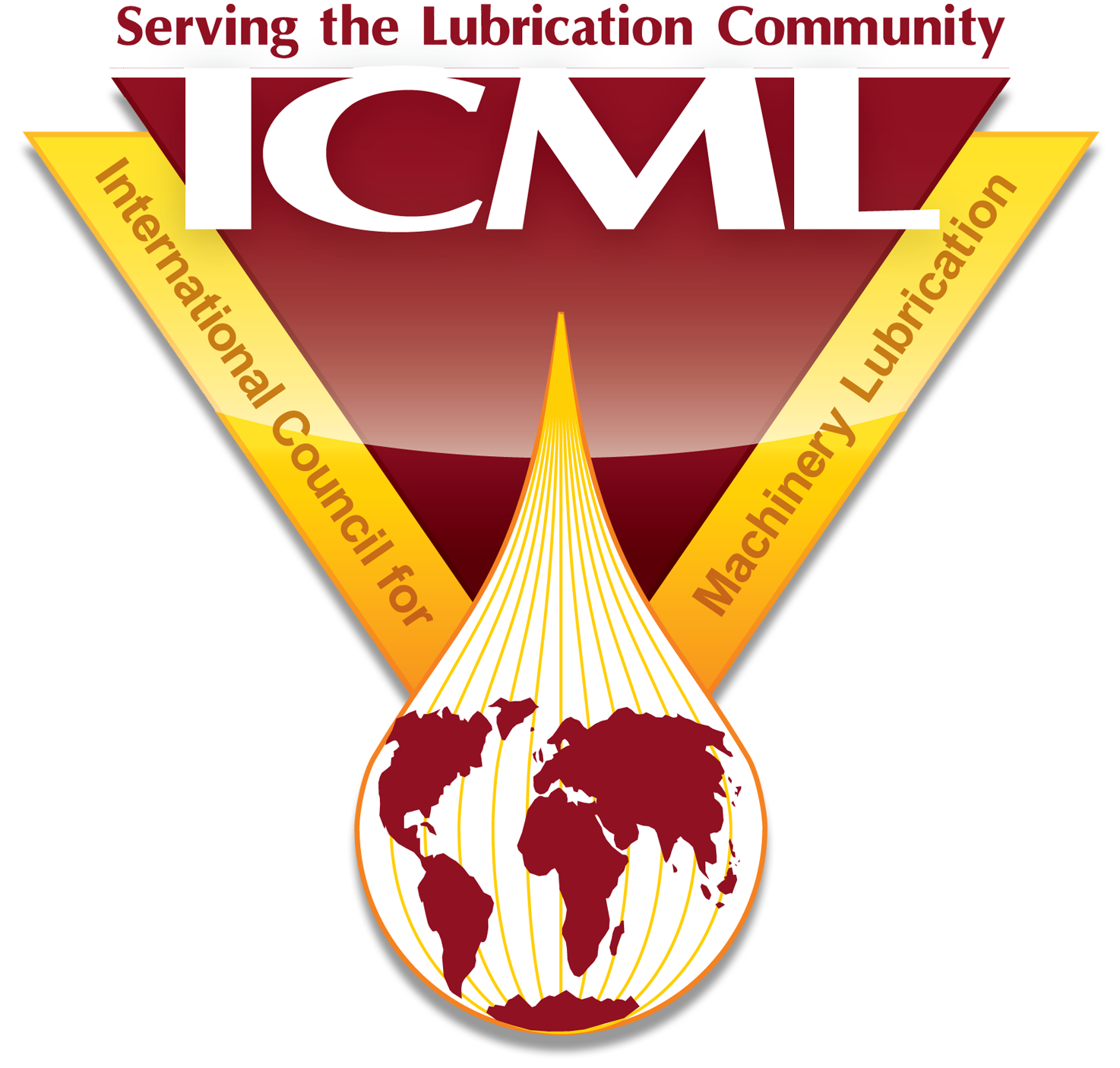


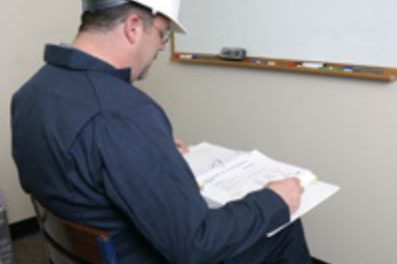
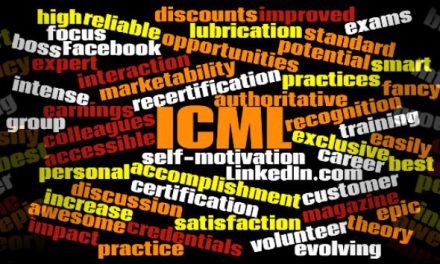
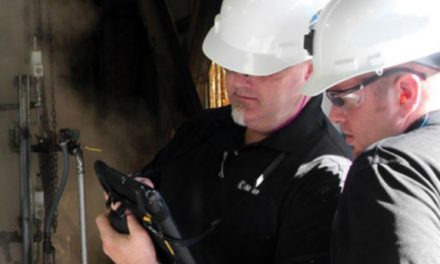
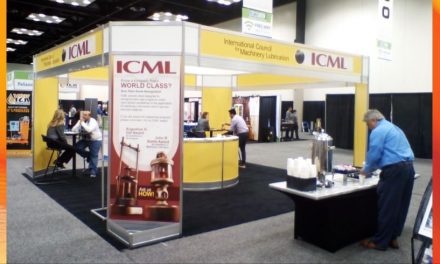


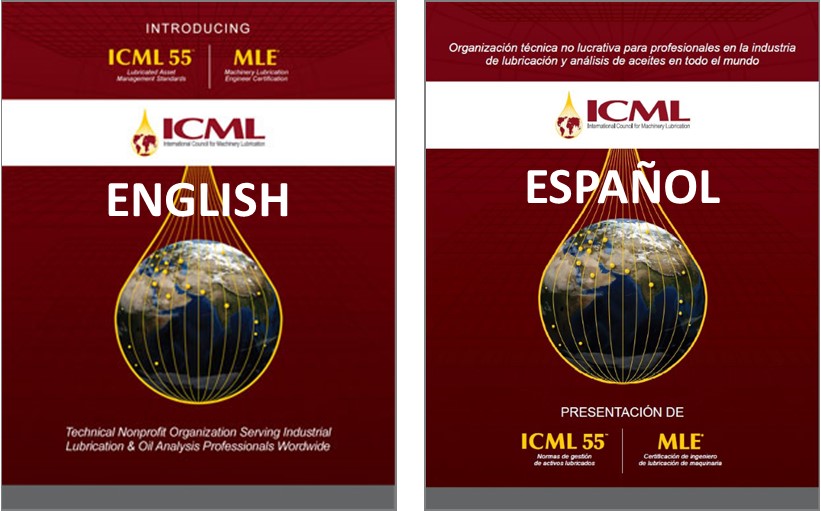
Very Well Articulated